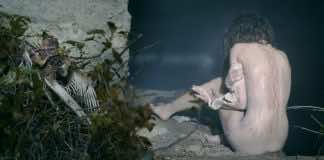In the documentary Eat That Question: Frank Zappa in His Own Words, the film’s subject sometimes comes across as a bit frustrated by his cult of personality. One thing he bemoans more than once is that most people know his name but few buy his music. The film itself is also more focused on his interviews than his performances. It didn’t even take day after I published my review (Eat That Question: Frank Zappa in His Own Words highlights the mind behind the music … and the ideology — a film review) before a friend texted me to ask “Who is Frank Zappa?”
Zappa is not a musician one follows casually. He released 62 albums, from 1966 to 1993, before he died from prostate cancer. His music ranged from fitting into the classical music world to jazz to funk to psychedelic to progressive rock to new wave and possibly everything in between. To know him is to understand how all of this blended together along with a direct, sometimes offensive, sense of humor that happens to speak to the foibles of humanity.
I reached out to a few musicians — most of whom are into rock, but some of whom play on the experimental edges of it and some who have incredible knowledge beyond it, down to its roots — to ask what they think of Zappa. I also forced them to consider what albums stand out as some of his best. It proved to be a perplexing experience for some. As Alex Caso, a DJ and musician who we interviewed in 2014 (Alx Czo shares what it feels like to release music on cassette — A Cassette Store Day feature), notes, it might be an unfair question considering the genre-bending Zappa was known for.
Though all the musicians noted some personal pain about whittling Zappa’s discography to a choice, few desert island discs, Caso seemed the most tortured by the request to name his favorite, so he went with historical significance. “I will choose Mothers of Invention – Freak Out,” he said. “Zappa’s debut, 1966, on Verve … which is the same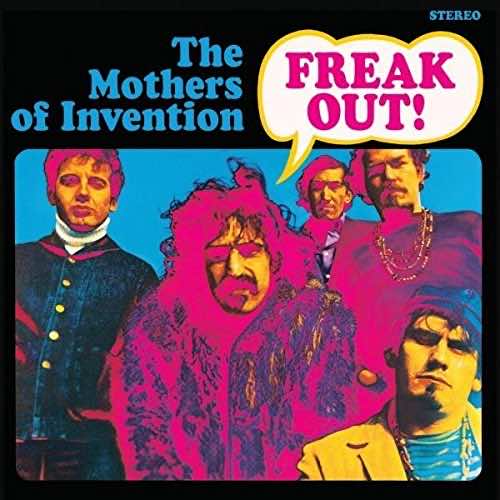 year Verve also released the first Velvet Underground. I’m usually a fan of debut albums (the first Ramones, the First Metallica, the first Rolling Stones) and this is no exception. It is certainly a child of the ’60s psychedelic scene, but it goes beyond the stereotypes musically and thematically. It also has a good dose of R&B with amazing musicianship (jazzy chops).”
year Verve also released the first Velvet Underground. I’m usually a fan of debut albums (the first Ramones, the First Metallica, the first Rolling Stones) and this is no exception. It is certainly a child of the ’60s psychedelic scene, but it goes beyond the stereotypes musically and thematically. It also has a good dose of R&B with amazing musicianship (jazzy chops).”
The musicians I spoke with all had something to say about Zappa’s band members, who were known to be some of the most exceptional in rock, prog, New Wave and even classical music. Ed Matus is one half of Spielberger (Ambient duo Spielberger find place for “real” guitars on ‘Jazzy’), who first made his mark on Miami’s music scene playing hardcore rock evolving into experimenting with electronica and working with Caso in the band Waterford Landing. He and only one other of the musicians surveyed highlighted Zappa’s 1979 album Sheik Yerbouti.
“In this album, Zappa plays with punk rock and other styles,” he said. “There are also songs that are live recordings with studio edits and overdubs, one of the most remarkable being ‘Rubber Shirt,’ which is made up of two separate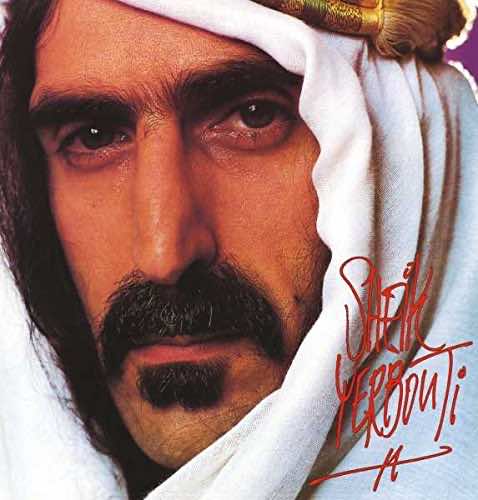 recordings: a bass solo and a drum solo. Both are playing in different time signatures which overlap and wrap around each other as if both players played off each other.”
recordings: a bass solo and a drum solo. Both are playing in different time signatures which overlap and wrap around each other as if both players played off each other.”
The musicians that collaborated with Zappa often come up in by the artists I reached out to for input. Though to some it may sound cacophonous and random, Zappa’s music is better served as being described as challenging, and it demanded much of his rotating roster of collaborators, which included people who would go on to form acts like New Wave hit makers Missing Persons and would even join Robert Fripp in King Crimson.
Alex Gimeno, a DJ and multi-instrumentalist who is more famously known as Ursula 1000 (Ursula 1000: Revealing the musician in the DJ — An Indieethos exclusive), is the only other musician to mention Sheik Yerbouti as a favorite. “I’m definitely biased to his line up with Terry Bozzio on drums, [Adrian] Belew on guitar, [Patrick] O’Hearn on bass,” he admited before mentioning Sheik Yerbouti.
He shared the YouTube clip below, which features the singing and drumming of Bozzio, calling it “insane.”
Longtime Miami noise musician, music producer and sound engineer Frank “Rat Bastard” Falestra, who also DJs and broke into the local seen in 1986 with a New Wave record by a band called Dengon, says the musicianship Zappa fostered is the first reason he owns such an expansive collection of Zappa records, which also includes many official bootlegs Zappa released privately, in defiance of his record label contracts.
“It’s just the guitar playing and the music is real complicated,” he said, “so you don’t get tired of listening to it. He’s not really singing songs, though he does sing. But his voice is hilarious, but it’s the guy’s music. The guys he was playing with were really good, the drummers, the guitar players. All the musicians that played with him were fuckin’ awesome. When you see them live, you go, ‘Holy shit. These guys are really good players!’”
Tony Landa, the bass player for Hialeah-based band Humbert admits that he doesn’t have the background knowledge to suggest an album that stands above all. He does note a live record that made him reevaluate how he looks at music: Fillmore East June 1971.
He said he grew from a hardcore fan of hard rock and metal to finding his affection for more dynamic and subtle rock, like The Pixies, The Cure and The Smiths. He was satisfied in that bubble until that live record “completely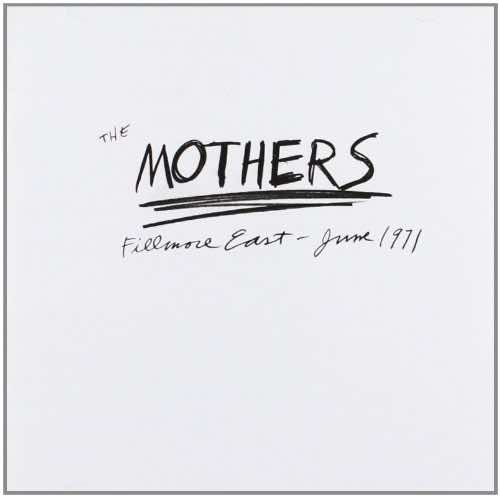 blew my mind.” He says, “It’s a ‘concept’ album, and while it came across as not taking itself too seriously, it was still seriously musical. It opened the doors for me to start listening to not just more Zappa like Apostrophe, Hot Rats, Over-Nite Sensation, etc., but it also got me to expand my mind, and I started listening to real jazz like Miles, Coltrane, Mingus, Monk.”
blew my mind.” He says, “It’s a ‘concept’ album, and while it came across as not taking itself too seriously, it was still seriously musical. It opened the doors for me to start listening to not just more Zappa like Apostrophe, Hot Rats, Over-Nite Sensation, etc., but it also got me to expand my mind, and I started listening to real jazz like Miles, Coltrane, Mingus, Monk.”
Now he blames his love affair with Phish on Zappa. “It’s all his fault.”
Live albums aside, what was the favorite album in this very unscientific study? In our very limited sample of musicians familiar with Zappa’s music, votes for the best album were only ever one person shy of finding some unanimity. The albums most mentioned were Freak Out, the first Zappa album without the original line-up of The Mothers, Hot Rats, and, the ambitious 1979 double album Joe’s Garage, which happened to have been mentioned as the ultimate, number one favorite album by several of the musicians I spoke to.
Rat does not hesitate to single it out. “Joe’s Garage — probably listened to it close to 50 times.”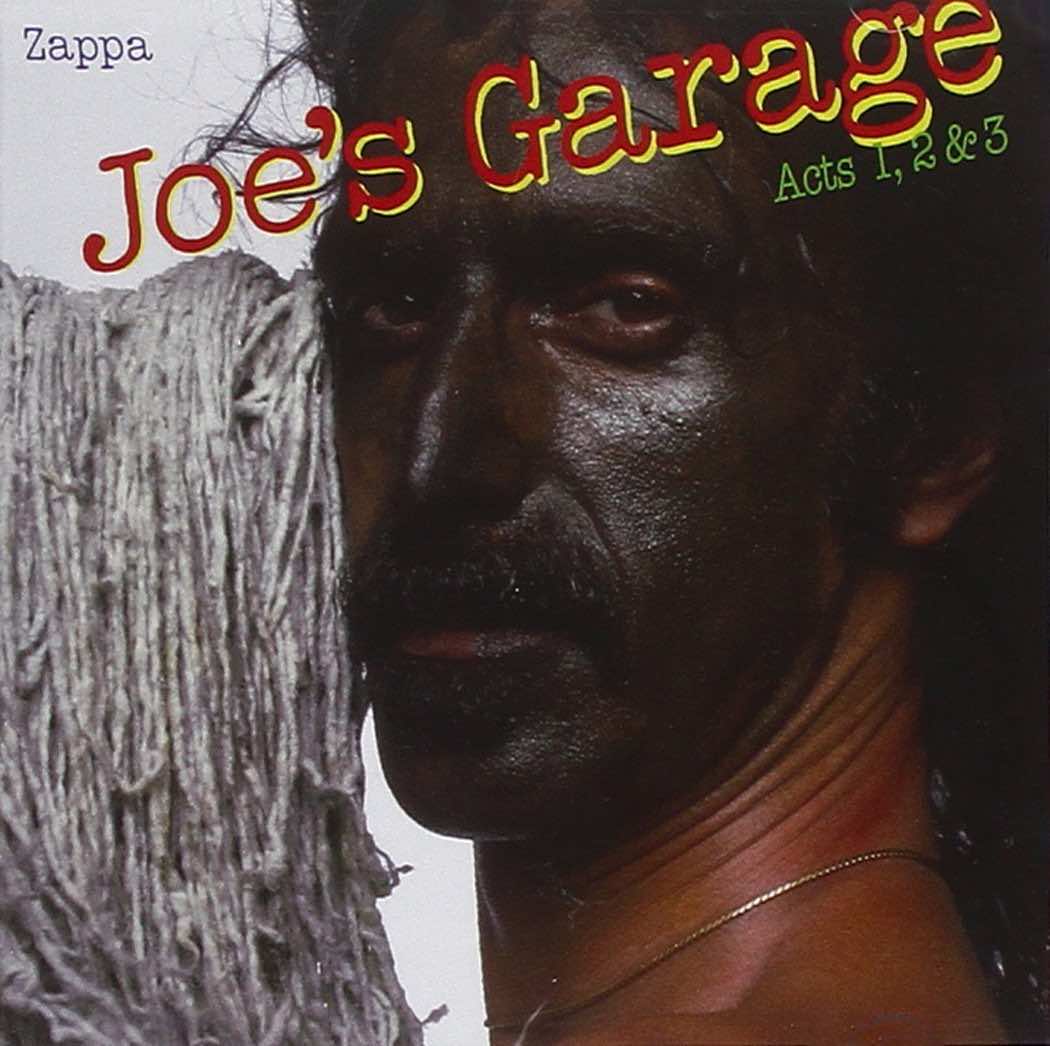
Hollywood-based experimental musician and spoken word performer, Adam Matza also put it at the top of his list. “The playing, orchestration and song craft are exceptional,” said Matza, “perhaps his most fully realized concept album. [It] satirized Catholicism and Scientology, as well as large government in intelligent and funny ways. Just a remarkable achievement.”
Matus calls the album a “brilliant rock opera …. about government censorship, religion, and the music industry. It’s all here,” he continues, “biting satire, excellent musicianship, and great songwriting.”
It’s hard to refute this enthusiasm. Anyone into the more complicated side of rock and an open-minded sense of humor will love this record. It almost feels like a spoiler, but the album builds to a gorgeous instrumental that cinephiles will know from the end credits of Y Tu Mama Tambien, “Watermelon in Easter Hay.” Even though it lacks lyrics, Matus calls the song “emotional,” and that speaks to the album’s range and storytelling, as it builds toward something ineffable. A fitting testament to a musician who spoke about his frustration with having to talk about his music instead of having it heard by more people.
Eat That Question: Frank Zappa in His Own Words runs 93 minutes and is rated R. It opened exclusively in South Florida at the Tower Theater Miami this past Friday, July 29. For dates in other U.S. cities, visit this link. Distributor Sony Pictures Classics provided all images and a screener link for the purpose of this review: Eat That Question: Frank Zappa in His Own Words highlights the mind behind the music … and the ideology.










